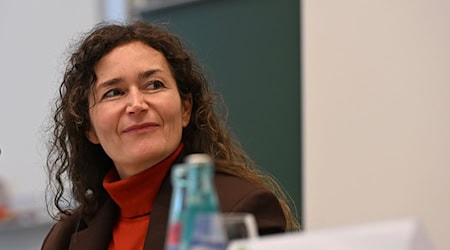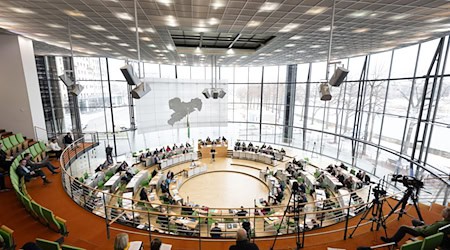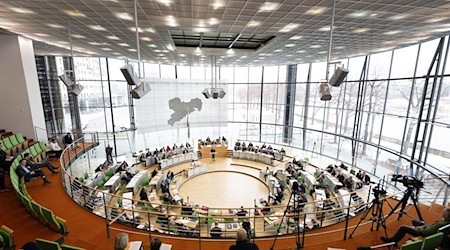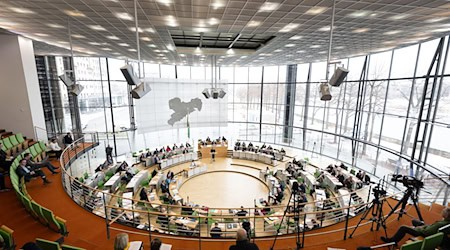Multiple parliamentary groups in the Saxon state parliament are calling for reliable funding for early childhood education. This is one conclusion from the public hearing of the Committee for Schools and Education in parliament. The occasion was a motion by the BSW parliamentary group calling for a daycare summit.
Drop in birth rate as an opportunity to improve quality
"The drop in the birth rate in Saxony is an opportunity to further improve the quality of daycare in the state," emphasized Christin Melcher (Greens). However, this requires reliable state funding on an equal footing with the municipalities. "Every euro we cut for our children today, we will pay back twice tomorrow."
"Instead of discussing savings, we should talk about how we can secure the structure and quality of early childhood education," said Melcher. There should be no cuts in this area - even if the number of children temporarily falls. "Because our children are not savings items, they are our future."
SPD politician calls for fair burden-sharing in daycare funding
SPD education expert Gerald Eisenblätter called for fair daycare funding. "In times of falling child numbers, we need care close to home and a secure daycare network throughout Saxony, while at the same time we need more quality in early childhood education." There is no lack of knowledge, but there are different expectations regarding solution strategies.
"It is important to come together now to discuss the fair distribution of the burden of daycare funding between the Free State, local authorities and parents," said Eisenblätter. High-quality childcare is a decisive location factor for Saxony and the basis for equal educational opportunities. "We must continue to move forward step by step."
Trade union points out high workload for professionals
The Education and Science Trade Union's chairman Burkhard Naumann attended the hearing as an expert witness. He warned of an aggravation of the tense situation in daycare centers and described the psychological strain on educational professionals. They take 33 sick days per year - more than the average for all professional groups, which is 31.3 days.
"We therefore propose that state policy specifically supports the maintenance of daycare centres in rural areas, for example by fully covering operating costs," emphasized Naumann. Funds freed up by falling child numbers should be distributed specifically according to a social index, for example for additional language education and daycare social work.
BSW: Care for the youngest must not depend on the cash situation
The Sahra Wagenknecht Alliance (BSW) stated that the call for a daycare summit met with approval from the experts. However, such a summit could only be the prelude to a reorganization of funding, emphasized MP Doreen Voigt. "The care, upbringing and education of our youngest children must no longer be dependent on the cash situation."
"The fact that we are dealing with an increasing heterogeneity of daycare children with very different needs must be taken into account. If we do not finally reconcile quality and quantity in early childhood education, the educational opportunities for our children in Saxony will be poor," explained Voigt.
Copyright 2025, dpa (www.dpa.de). All rights reserved










